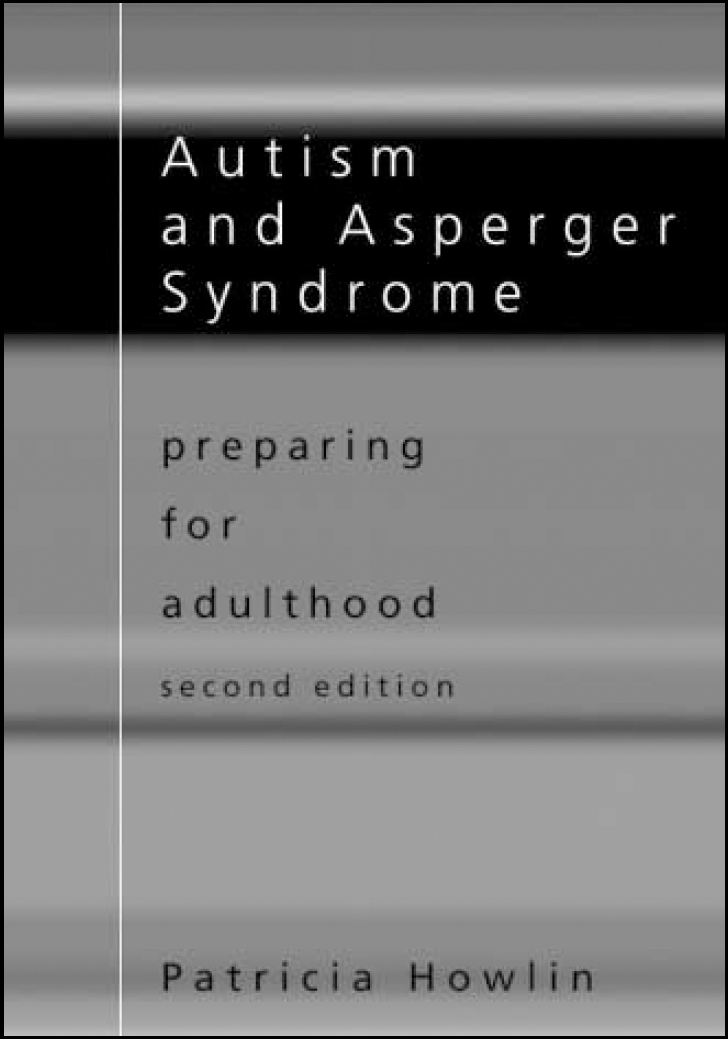
‘Many psychiatrists working in the field of adult mental health know relatively little of the problems of people with autism’. Patricia Howlin's book tackles this important and often overlooked subject with humour and candour.
Howlin dares to take on some of the more difficult issues faced by an adult with autism, for example sex and relationships, working life and gaining independence: areas that are often assumed to be beyond the capability of those with an autistic-spectrum disorder.
She uses a cast of characters to illustrate by example the difficulties of being autistic in a ‘neurotypical’ society. Many of the stories are touching, some recount saddening episodes of mistreatment and misunderstanding, and some of the (often funny) autistic faux pas serve to highlight the subtlety, absurdity and illogicality of our social world.
One of the major strengths of this book is its appeal to a broad readership. For medical professionals it is an excellent overview of the medical, social and psychological aspects of autistic-spectrum disorders, and the chapters dealing with education will provide valuable guidance for those involved in decision-making about school placement.
This book should be recommended reading for the parents of a child who has just received a diagnosis, particularly because it gives details of support groups, websites and further reading. The information provided will add to the armamentarium that families need in order to negotiate the complexities of social, educational and mental health services (or lack thereof).
It is a compliment to the author's understanding of her subject that the book is written in such a way that it is also very accessible to the person with autism. She writes in a forthright, direct manner without ambiguity. This narrative style allows the reader to gain insight into the way individuals with autism communicate, and provides food for thought about how we, as clinicians and potentially in our personal lives, can adapt our own communication methods when encountering people with autistic-spectrum disorders.



eLetters
No eLetters have been published for this article.